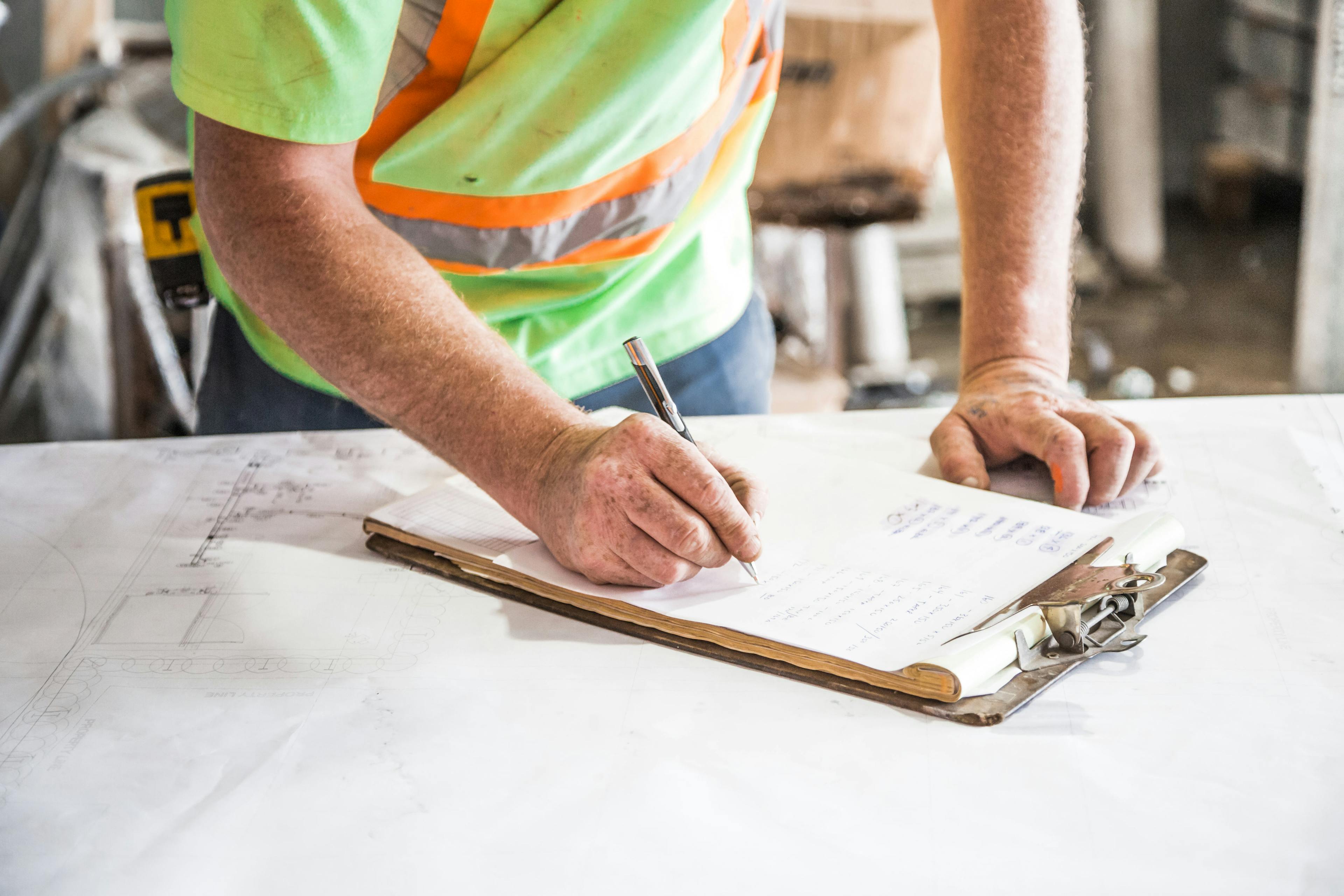
ECORR sets new standard for recycled construction materials
Leading Australia’s shift to circular construction materials
Discover how ECORR’s recycled material EPDs are helping transform infrastructure procurement across NSW
The Challenge
Australia’s construction industry is facing growing pressure to cut emissions and reduce reliance on virgin materials, a shift driven by national climate targets and the rising demand for sustainable infrastructure.
With materials like concrete and asphalt contributing significantly to embodied carbon, attention is turning to recycled alternatives as a pathway to circular, low-carbon development.
Recognising this, ECORR (ECO Resource Recovery) aimed to validate the environmental credentials of its recycled construction products. These include aggregates (used in concrete and asphalt), bedding sand (used beneath paving and pipes), and roadbase (used to build road and driveway foundations).
These products are made from post-consumer demolition waste and offer a sustainable alternative to virgin quarry materials.
To meet market expectations and align with frameworks such as the Infrastructure Sustainability Council of Australia (ISCA) and Green Building Council of Australia’s Green Star, ECORR partnered with Edge Impact to develop independently verified Environmental Product Declarations (EPDs).
Key Deliverables
Data collection and analysis
Third-party EPD verification of the LCA and EPD
Support with EPD publication
The Approach
For ECORR, showcasing the true environmental value of its recycled products wasn’t just about data, it was about leading the shift to circular construction with confidence and credibility.
Edge Impact partnered with ECORR to bring that vision to life, starting with detailed data collection from their Wetherill Park facility.
Our Lifecycle Assessment Team looked at everything from material inputs and energy use to transport distances and processing methods, laying the groundwork for rigorous Life Cycle Assessments (LCAs) across three key product types: aggregates, bedding sand, and roadbase.
Each product’s environmental impact was modelled per tonne, following internationally recognised standards such as:
- ISO 14040/44
- ISO 14025
- EN 15804+A2:2019

The assessments used a cradle-to-gate approach, meaning they considered the environmental impacts from the very start of the product’s life (raw material extraction) through to its delivery to the construction site. In addition, the evaluations included potential impacts from the product’s end-of-life, such as reuse and recycling benefits.
This comprehensive view ensures a clear understanding of each product’s full environmental footprint.
Throughout the project, Edge Impact collaborated closely with ECORR and an independent verifier to ensure transparency, accuracy, and compliance with industry best practices.
This rigorous process set the foundation for the verified Environmental Product Declarations (EPDs) that support ECORR’s leadership in sustainable infrastructure.
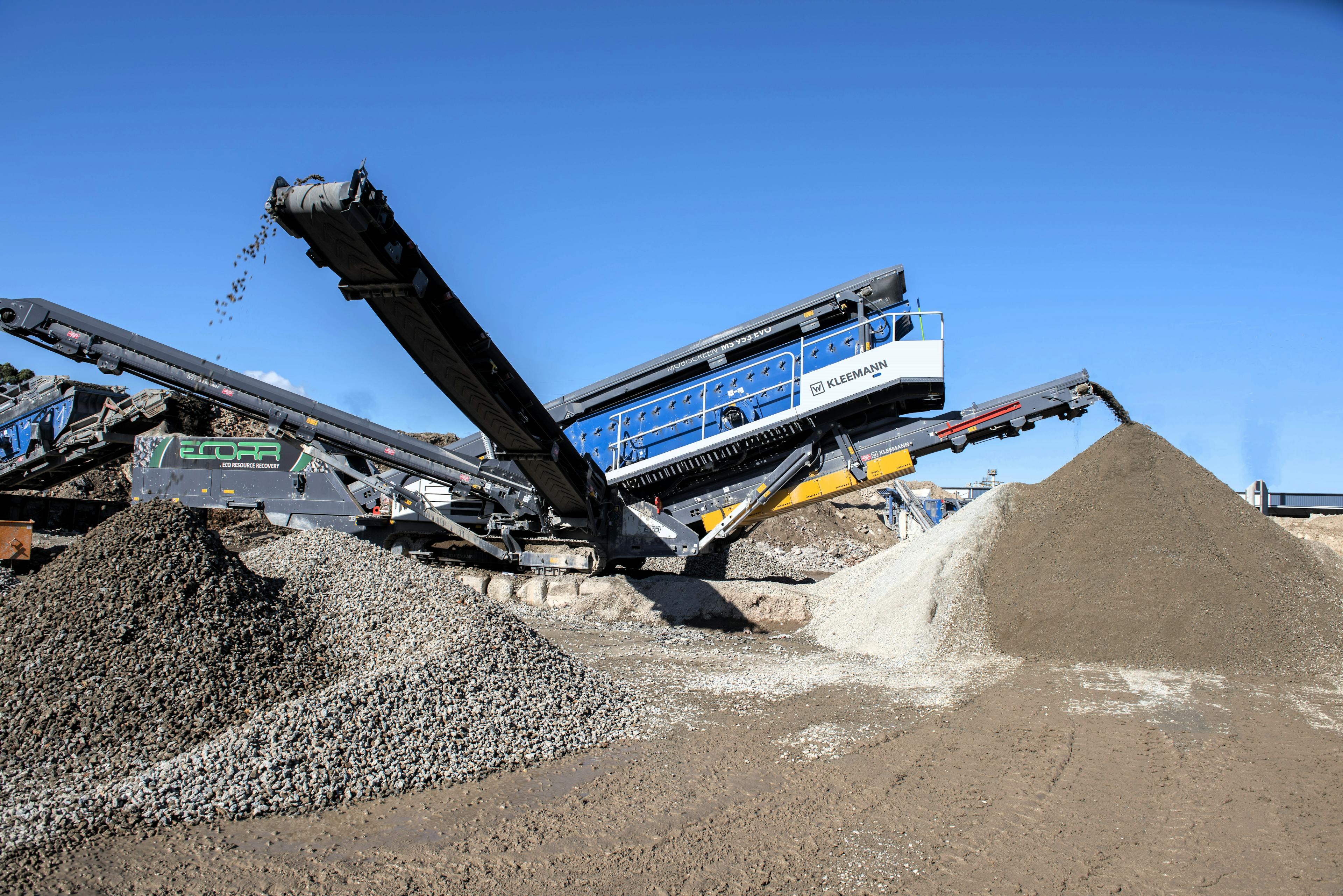
The Result
The project led to the publication of three independently verified Environmental Product Declarations (EPDs) and mark the first time recycled concrete-based products in NSW have received this level of environmental certification.
These declarations provide ECORR and its clients with transparent, science-backed data on the environmental performance of recycled aggregates, bedding sand, and roadbase. With these insights, ECORR's clients can make informed choices, meet sustainability requirements in major infrastructure projects, and gain credits under leading frameworks like the Infrastructure Sustainability Council (ISCA) and Green Star.
By achieving this milestone, ECORR has helped raise the bar for transparency and accountability in circular construction.
The EPDs not only validate the environmental benefits of diverting waste from landfill and reducing reliance on virgin quarry materials they also strengthen trust across the value chain and support more sustainable procurement decisions.
This initiative reinforces ECORR’s leadership in driving the shift to a lower-carbon, resource-efficient built environment and signals what’s possible for the future of recycled materials in Australia’s construction sector.
As experts in the full spectrum of sustainability topics, we are here to guide you through the complexity.
Related case studies
Shaping the future of the Australian wool industry
Accelerating Nature-Positive Change with Australian Wool Innovation
Explore how Edge Impact helped AWI launch Woolmark+.
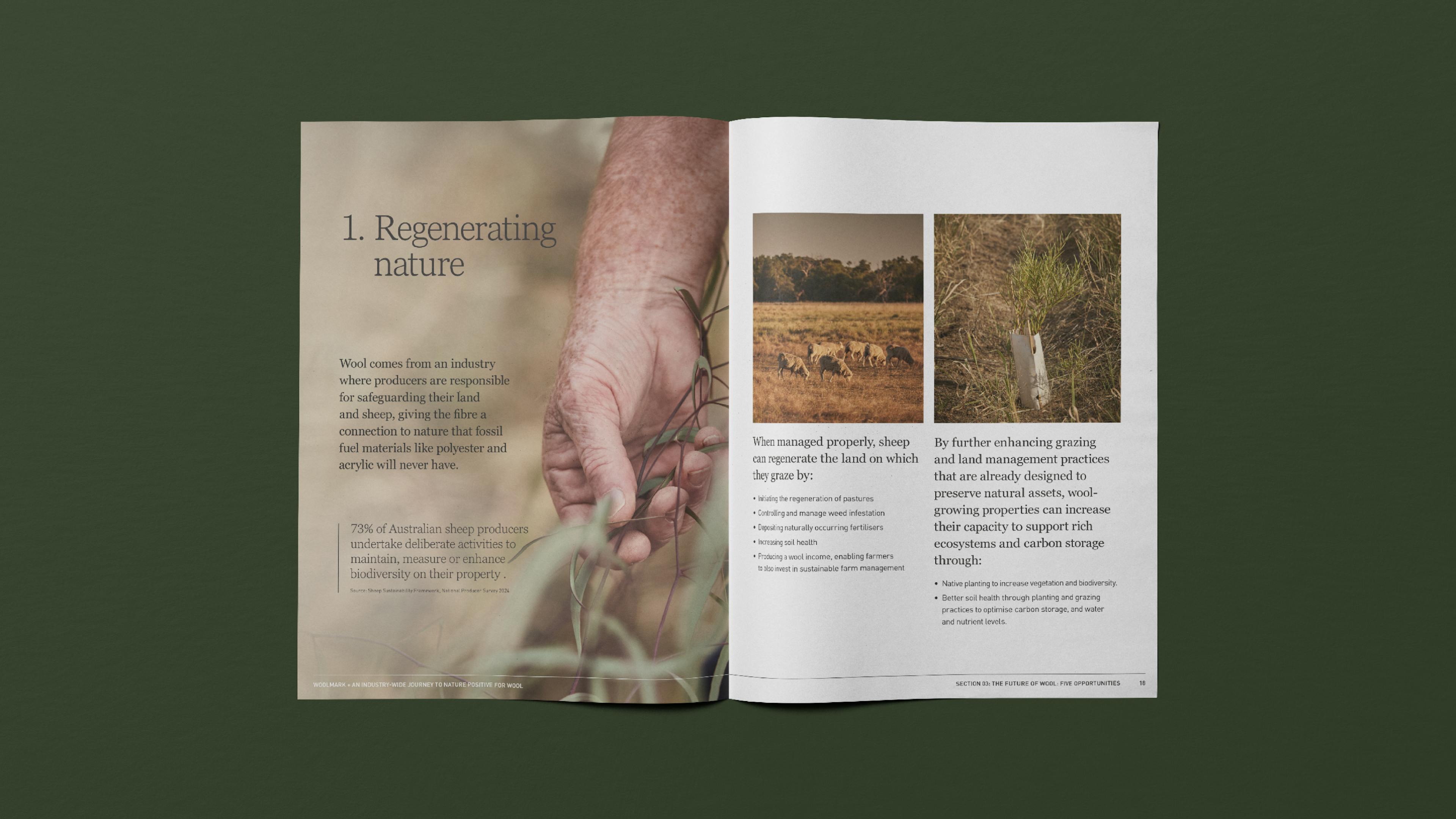
Nature impact and dependency assessment
UNSW’s supply chain reliance and impact on nature
We set out to unpack the nature-related impacts and dependencies through UNSW’s supply chain.
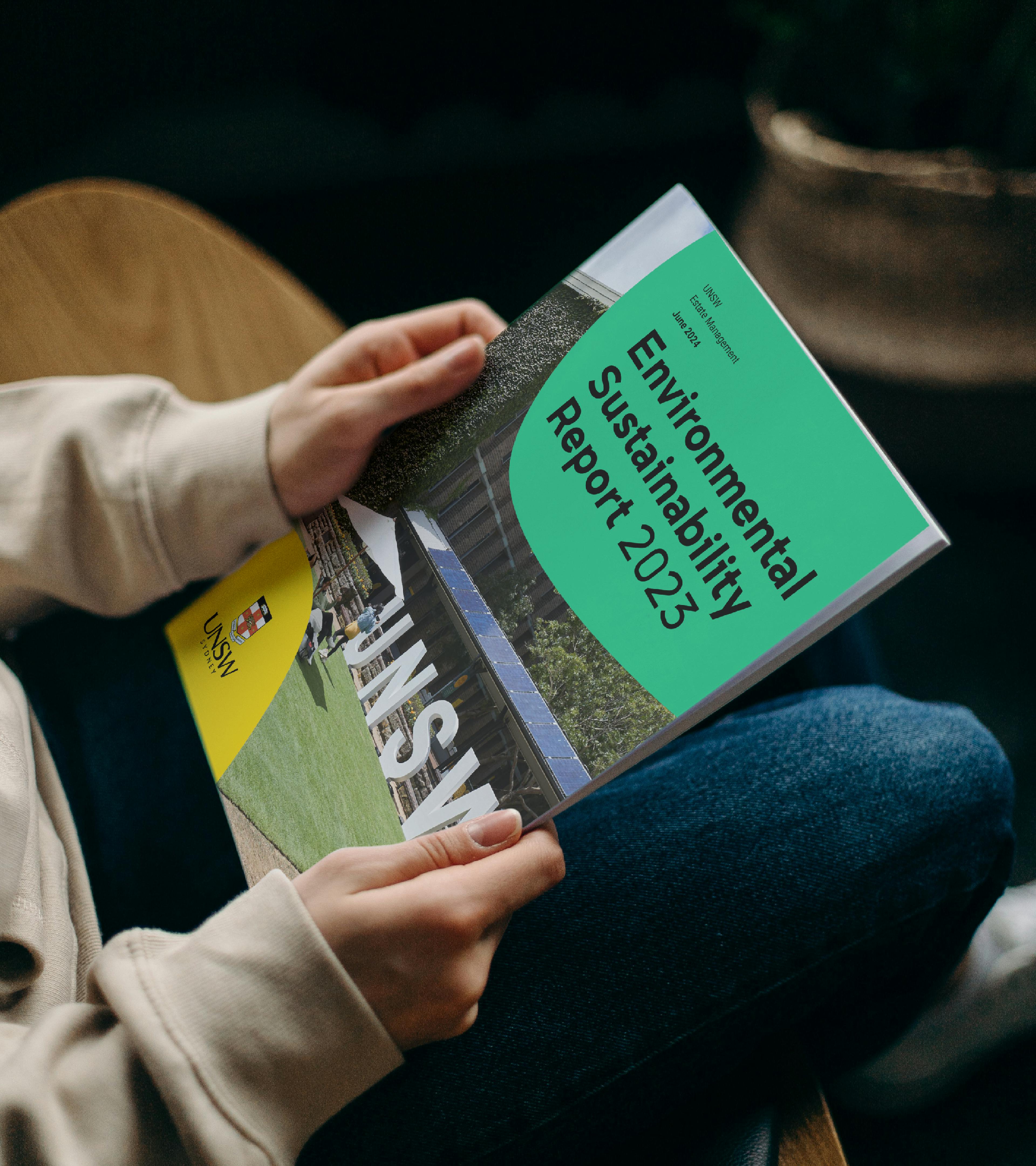
A comprehensive plan for lower emissions in winemaking
Wine Australia's Emissions Reduction Roadmap
An industry-led approach to cutting emissions while ensuring prosperity for grape growers and winemakers.
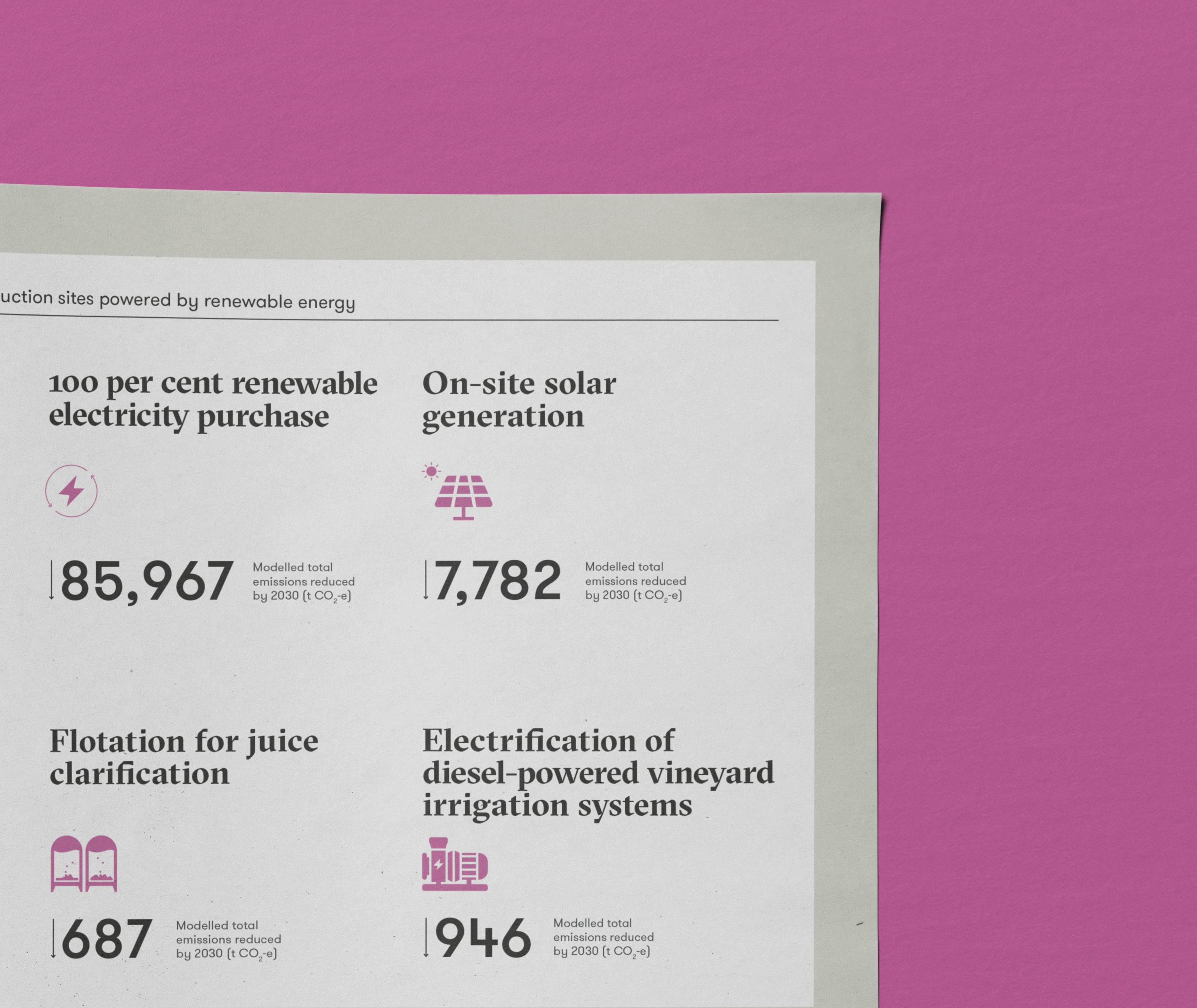

The Edge Round-Up
Get the latest sustainability insights, industry updates, and exclusive invites—straight to your inbox, once a month.
Join the list. Just enter your name and email.

